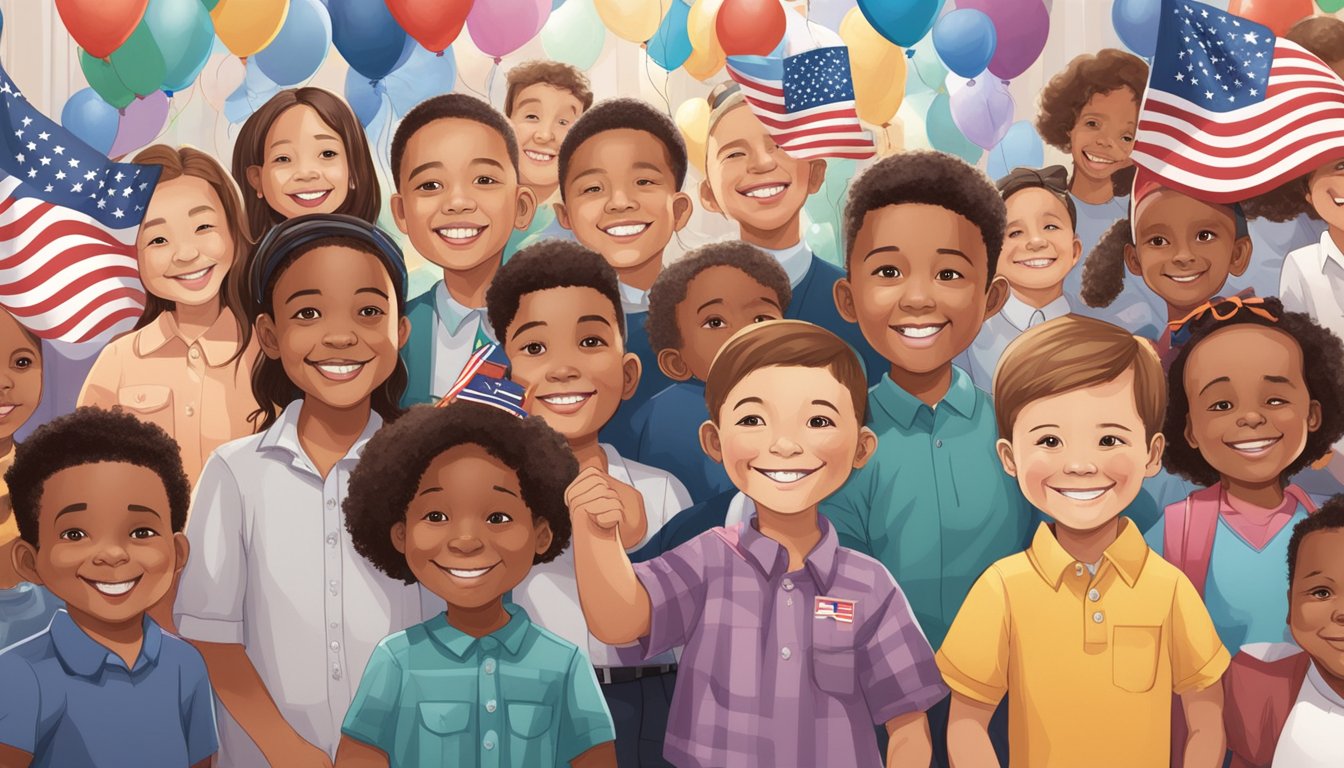Don’t Miss Out On This Unique Astrological Opportunity
Are you tired of spinning your wheels and getting nowhere? Simply put, you’re out of sync: you’re out of alignment with your astral configuration.
But: there’s a kind of map that can help you reclaim your alignment. Think of it as your own personal blueprint to success and happiness: a blueprint that will help you live your most amazing life.
Get started here.
A Closer Look at Presidents’ Day
Presidents’ Day, celebrated on the third Monday of February each year, stands as an important federal holiday in the United States.
Originally, this day was set aside to honor George Washington, whose birthday falls on February 22.
However, over time, it has transformed into a broader celebration of all individuals who have held the presidential office.
Government and Retail Participation
During this meaningful holiday, government agencies typically shut their doors, providing employees with a well-deserved break.
Simultaneously, retailers get in on the action by rolling out a plethora of special sales and promotions.
For many, this day has become synonymous with shopping deals that help kick off the spring season.
Reflection on Presidential Legacies
Moreover, Presidents’ Day serves as an opportunity for communities and educational institutions to reflect on the accomplishments and legacies of past presidents.
Many programs and activities focus on highlighting the significant contributions these leaders made to the country’s history, enriching public understanding of their impact.
In summary, Presidents’ Day is more than just a day off; it’s a time for celebration, shopping, and education—an occasion to pay tribute to the figures who have shaped America’s journey.
Many people take the opportunity to learn more about the nation’s leaders, visiting historical sites and engaging in discussions about their legacies.
While the holiday is widely recognized for its sales and promotions, some also explore lesser-known historical connections, such as intriguing numerological theories like the hidden meaning of 666.
Ultimately, Presidents’ Day serves as a reminder of the enduring impact of leadership on the country’s evolution.
Schools and communities often host events that highlight presidential achievements, incorporating performances and reenactments to make history more engaging.
Some even draw connections between American leadership and broader cultural storytelling, much like the nativity play tradition history that has been passed down through generations to teach important lessons.
These activities help reinforce the significance of past leaders while fostering a deeper appreciation for the country’s heritage.
Source: Christianpost



